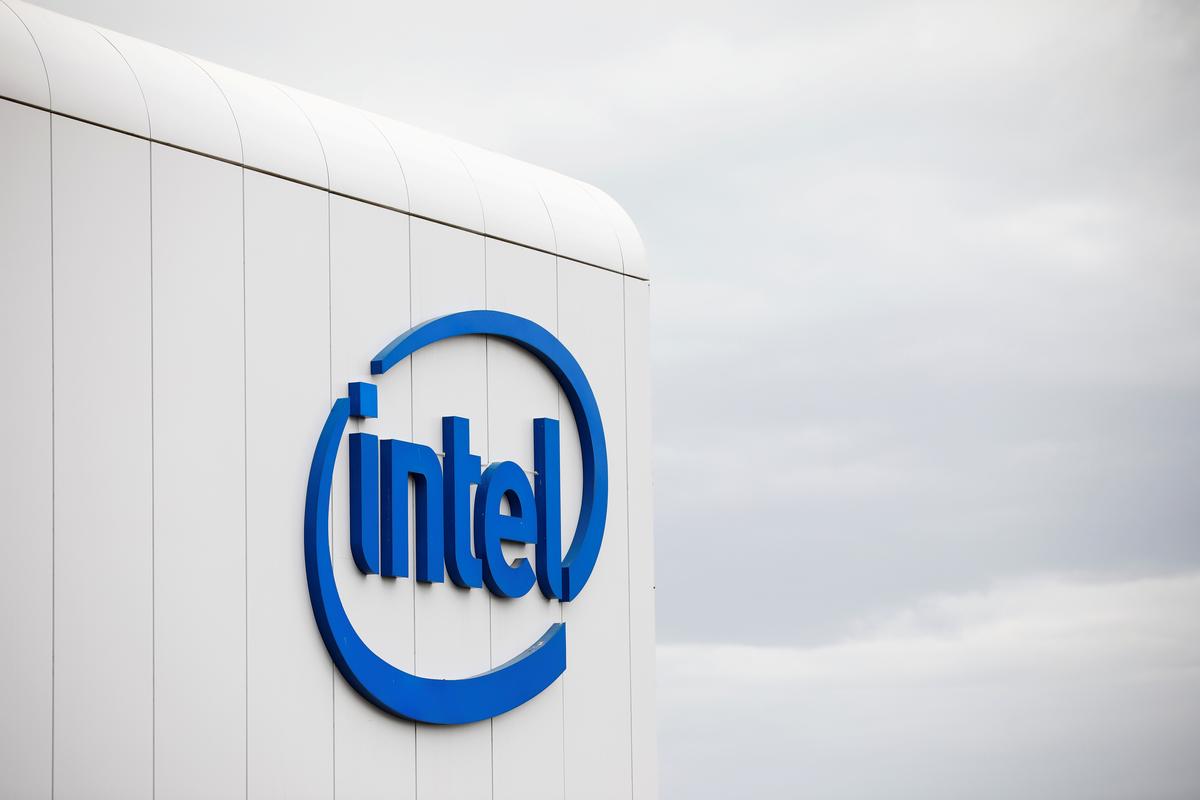WASHINGTON (Reuters) – The U.S. Supreme Court on Wednesday refused to back stricter deadlines for workers to sue retirement plans over alleged mismanagement, ruling Intel Corp (INTC.O) cannot avoid a suit accusing it of unlawfully making high-risk investments that cost retirement plan beneficiaries hundreds of millions of dollars.
In a unanimous ruling, the justices upheld a lower court decision that revived the proposed class-action lawsuit filed by former Intel engineer Christopher Sulyma against Intel. The justices rejected the tech company’s argument that Sulyma’s lawsuit had been filed too late.
At issue is the time period for bringing a lawsuit alleging violations of the Employee Retirement Income Security Act (ERISA), a federal law that requires plan managers to invest prudently. Beneficiaries generally have six years to sue over ill-advised investment decisions. That deadline is cut to three years if a problem is known sooner.
Sulyma filed suit in 2015 accusing company retirement plans and administrators of breaching their fiduciary duty to the participants by placing an overly heavy emphasis on hedge funds and private equity, in contrast to peer funds.
California-based Intel said that the investments were chosen to better diversify the plans’ portfolios and urged that the case be thrown out. The fund participants missed the deadline for filing suit because they knew of the issue more than three years before, based on emails the company had sent with links to documents about the investments, Intel said.
Sulyma, backed by President Donald Trump’s administration in the case, countered that while employed at Intel between 2010 and 2012 he was unaware of the alternative investments, that they performed poorly or even what hedge funds were. He said that he did not have “actual knowledge” of the alleged investment problems because he did not read the relevant documents that were only posted online.
The San Francisco-based 9th U.S. Circuit Court of Appeals in 2018 let the case proceed, ruling that the three-year deadline applied only if Sulyma was actually aware of the facts of a violation, not merely that those facts were available.
Intel appealed to the Supreme Court, saying that the 9th Circuit’s decision would make it too easy for a plaintiff to sustain a lawsuit simply by asserting “that he did not read the relevant plan documents, or simply that he cannot recall whether he saw them.”
During arguments in the case last December, conservative and liberal justices alike expressed sympathy for Sulyma’s plight, voicing doubt that most people read investment documents that companies send out.
Source: Read Full Article
